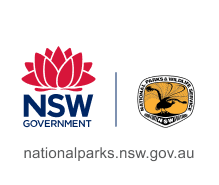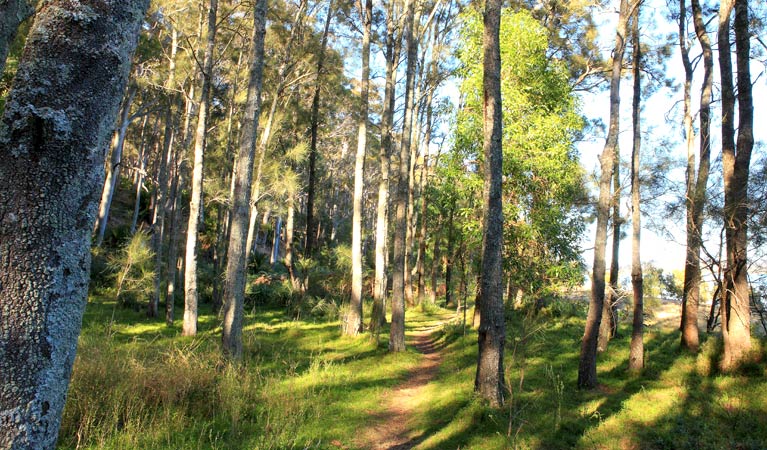Square Head track 1
Cullendulla Creek Nature Reserve
Overview
This short walk offers rich rewards, leading to the entrance of Cullendulla Creek, perfect for an afternoon picnic and swim near the shorebirds.
- Accessibility
- Hard
- Distance
- 0.8km return
- Time suggested
- 15 - 30min
- Grade
- Grade 3
- What to
bring - Hat, sunscreen, drinking water
- Please note
- Shore birds are best seen on low tide. It’s a good idea to check the tides charts beforehand. Remember to take your binoculars if you want to birdwatch.
Leading to the entrance of Cullendulla Creek, this terrific short walk touches swamp oak and spotted gum forest before revealing a peaceful beach and rest spot in sight of Cullendulla Beach and the Batemans Bay township.
Expect a moderate-to-steep gradient, but it’s worth it. Pack a picnic lunch and bring the kids along, or bring a birding guide and watch white ibises and black swans drift across the creek. In the warmer months, this is an ideal place for a swim, too; the small estuary beach is protected from onshore winds by Square Head, and the bay, though unpatrolled, is calm enough for swimming. If you fancy a round of fishing, turn left at the carpark and follow the other Square Head track instead.
Map
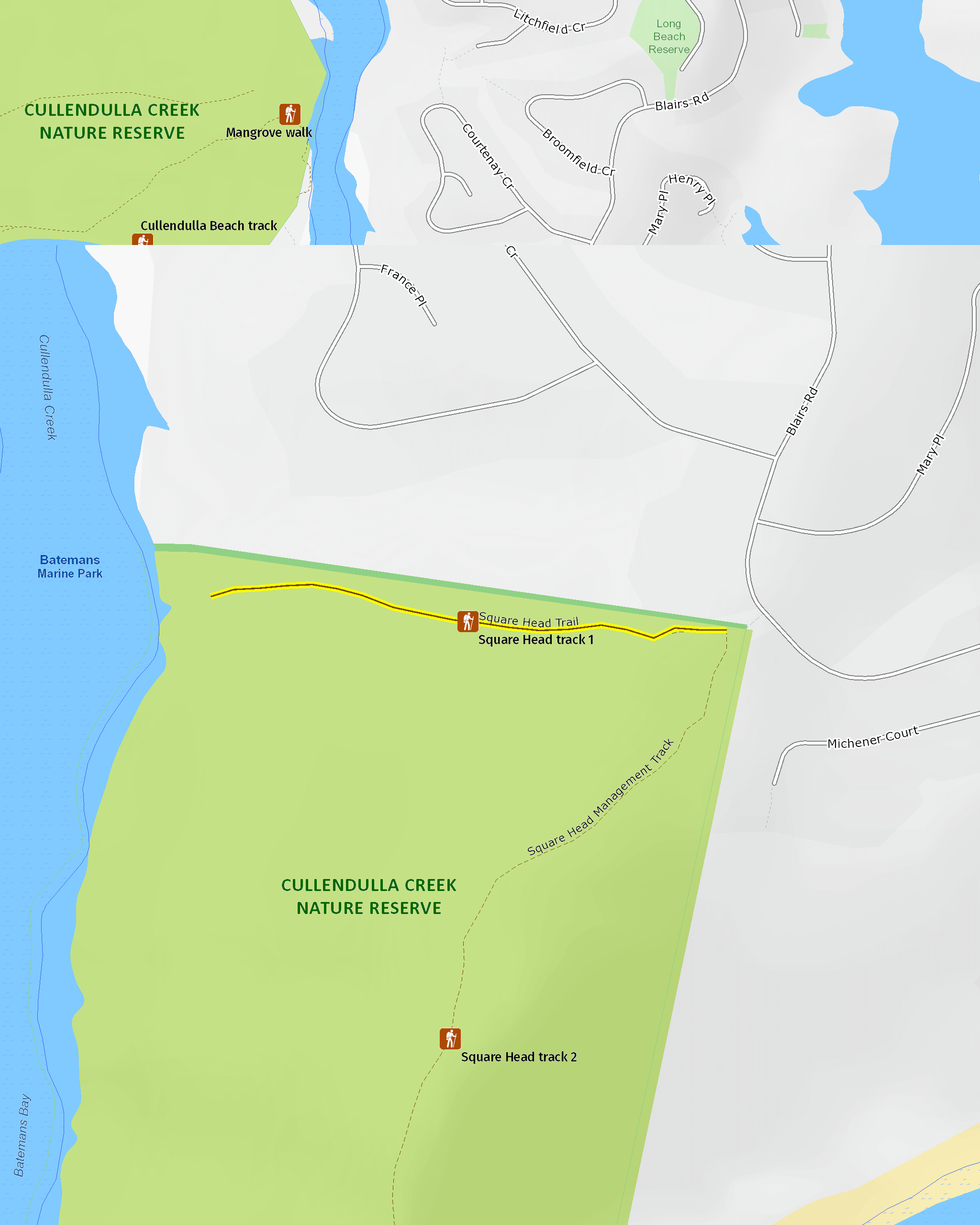
Map legend
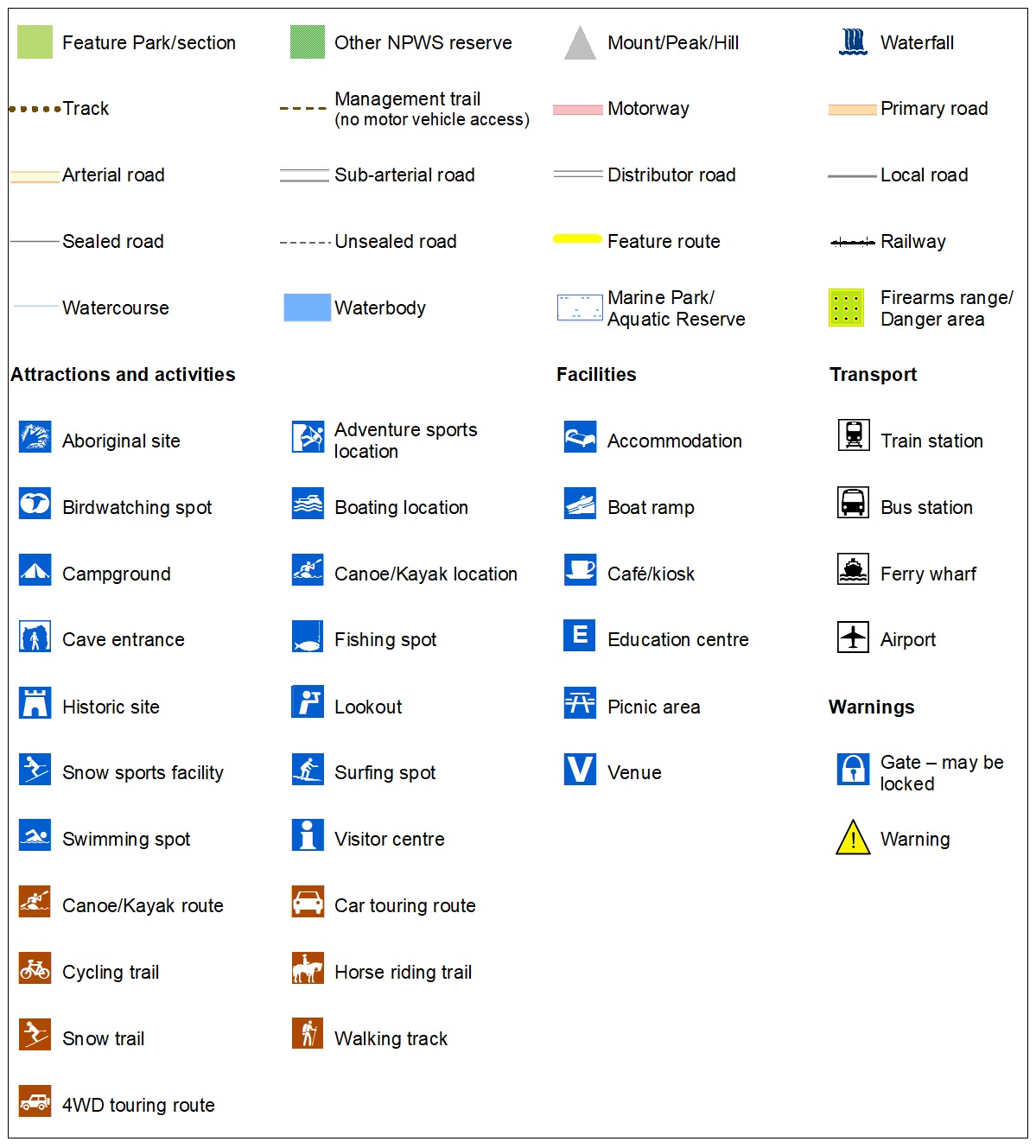
Local alerts
For the latest updates on fires, closures and other alerts in this area, see https://uat.nswparks.cloud/things-to-do/walking-tracks/square-head-track-1/local-alerts
General enquiries
- National Parks Contact Centre
- 7am to 7pm daily
- 1300 072 757 (13000 PARKS) for the cost of a local call within Australia excluding mobiles
- parks.info@environment.nsw.gov.au
Park info
- in Cullendulla Creek Nature Reserve in the South Coast region
Cullendulla Creek Nature Reserve is always open but may have to close at times due to poor weather or fire danger.
Visitor info
All the practical information you need to know about Square Head track 1.
Maps and downloads
Learn more
Square Head track 1 is in Cullendulla Creek Nature Reserve. Here are just some of the reasons why this park is special:
Aboriginal culture
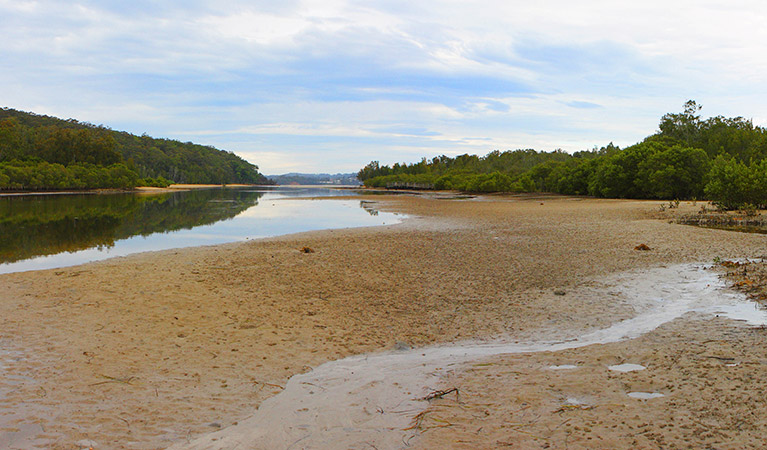
Cullendulla Creek holds several ancient Aboriginal midden sites, including rarely recorded mounded midden sites. The Mangrove walk is a great way to engage with the past lives of people here, weaving through areas where mud oysters, mussels and shellfish were once collected.
Birdwatchers' haven
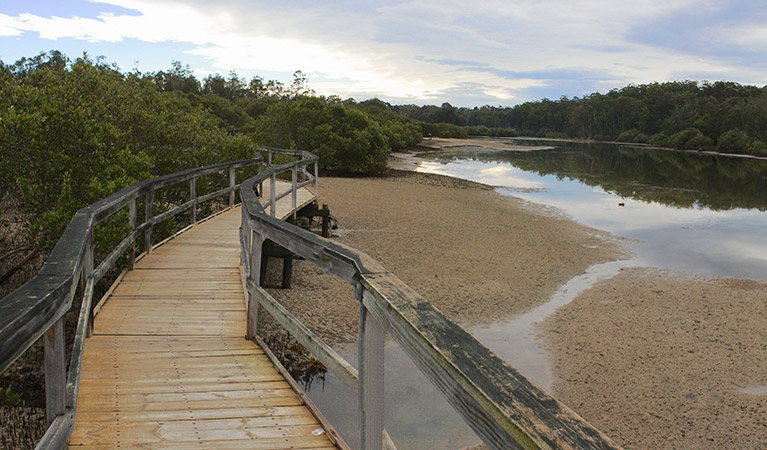
Cullendulla Creek Nature Reserve is home to mangrove estuary (and two mangrove species, the grey and river mangroves), forest red gums, littoral rainforest, and sea grass beds. The reserve is also a fish nursery for the Clyde River. Unsurprisingly then, a substantial mix of forest and shorebirds visit the area annually, including white ibises, curlews, two species of spoonbill and several of duck. Migratory birds come from as far away as Russia, taking refuge in the warm weather.
- Square Head track 1 This short walk offers rich rewards, leading to the entrance of Cullendulla Creek, perfect for an afternoon picnic and swim near the shorebirds.
- Tomaree Coastal Walk Explore a mountain summit, beaches, rock platforms, and Worimi Aboriginal culture on this multi-day adventure along Tomaree Coastal Walk.
Remarkable dune formations
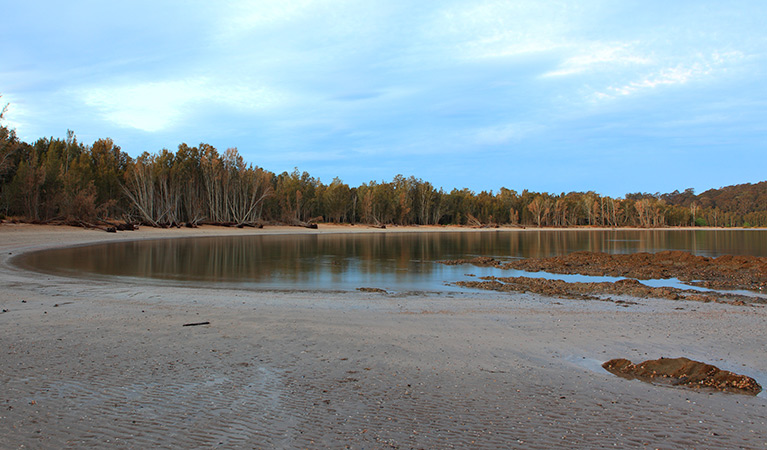
The nature reserve contains important and unusual dune formations called cheniers. Roughly parallel to the shoreline, these long, low (3-6m) and narrow ridges overlay estuarine mud and are of great scientific interest for the information they provide about the evolving landscape - some 7000 years worth of changes. There are nine beach ridges at Cullendulla; the most northerly two are cheniers. Though they're not directly visible to visitors, a fascinating boardwalk tracks through the mangrove estuary, accompanied by signs which offer a keen insight into the local ecosystem. For the best overview, visit in both high and low tide and compare the differences.
- Mangrove walk An easy walk offering great birdwatching opportunities, Mangrove walk is partly along an elevated boardwalk, giving an insight into the unusual dune formations.
